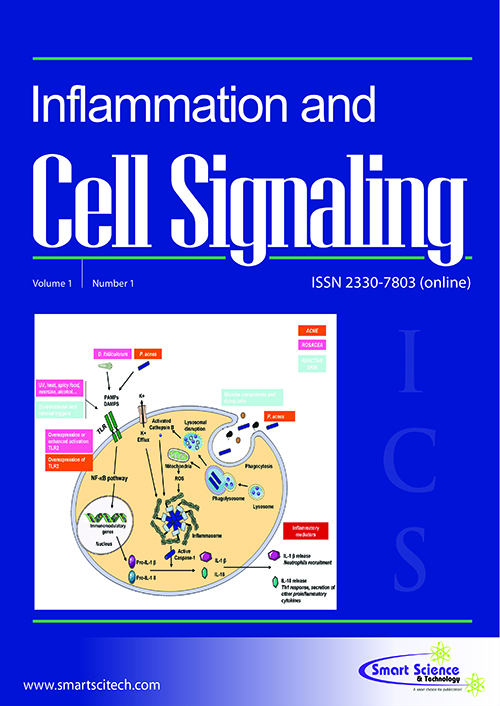Potential Contribution of Microbiome In Neurodegenerative Diseases: Alzheimer's Disease
DOI: 10.14800/ics.1595
Abstract
Alzheimer’s Disease (AD) is described as a gradual decrease in cognition and memory frequently causing dementia in most cases. Human microbiome (HM) contribute to the regulation of multiple neuro-chemical and neuro-metabolic pathways. The pathological features of AD include amyloid beta peptide (A?) deposition, neuronal tangle formation and granulovacuolar degeneration. A? protein is a normal part of the innate immune system, the body's first-line defense against infection. However recent report shows that A? expression protects against fungal and bacterial infections in mouse, nematode, and cell culture models of AD. Recent reports suggest that these proteins are also expressed on bacterial and fungal cell surfaces and might contribute to immune response. In addition to commensal microbes, there are other pathogens like Chlamydophila pneumoniae, Toxoplasma gondii, Viroids, Hepatitis, Cytomegalovirus have been suspected to be involved in AD. Microbes are proposed to play an important role in the pathophysiology of neurodegenerative disease. Microbes are shown to produce relevant neurotransmitter, modulate immune response and translocate through blood or lymphatic system to brain from the site of infection. Here we elaborated on the emerging ideas showing the contribution of the gut microbiome to human neurological diseases with special emphasis on AD. The evidences described here may be helpful in designing further studies for taxonomic and functional profiling of microbiota in patients with AD which may open doors for advanced therapeutic inventions.














